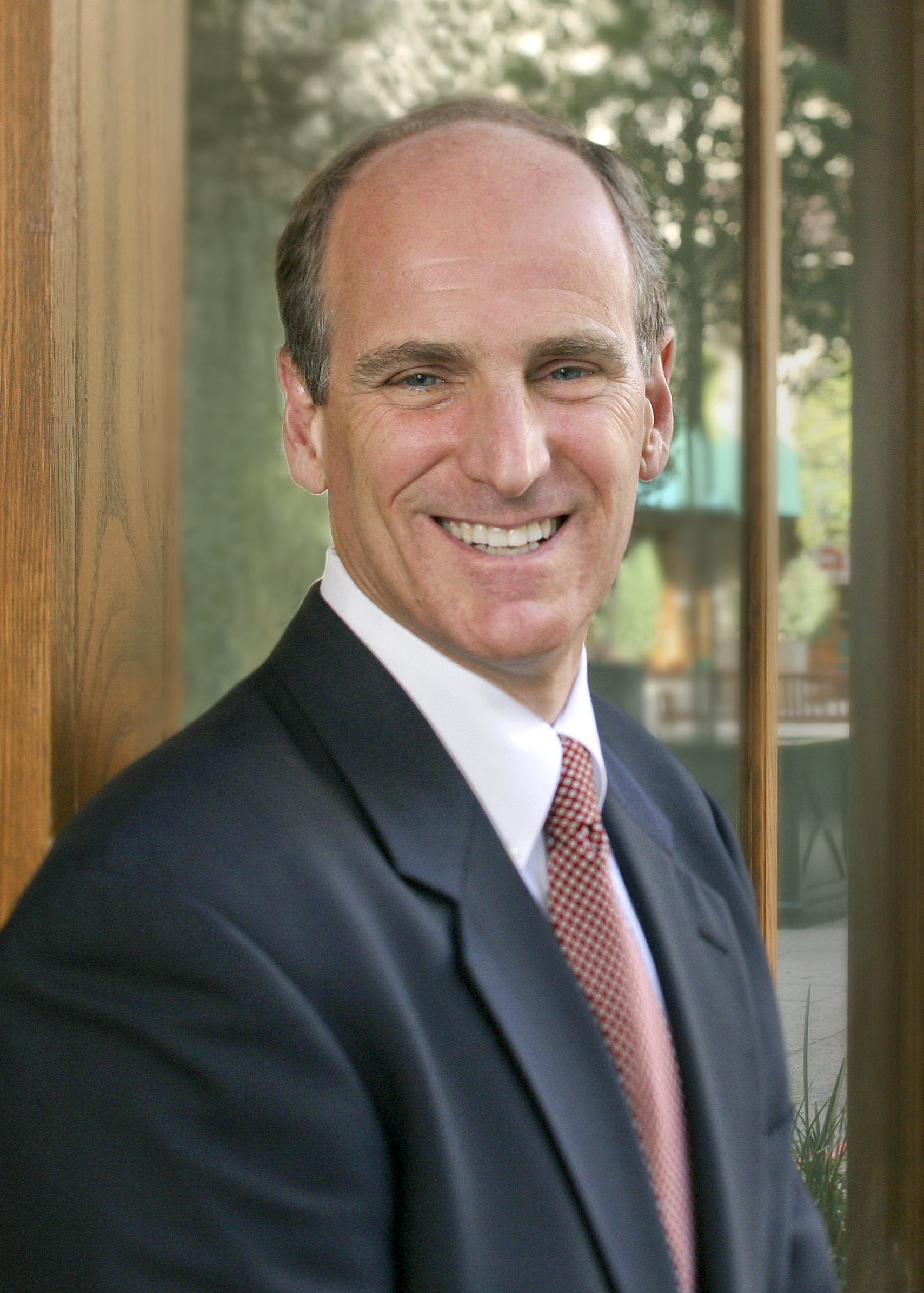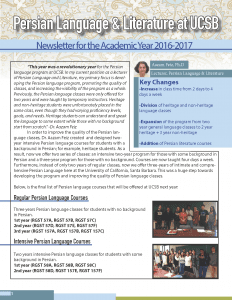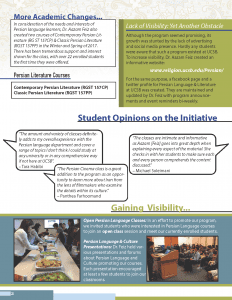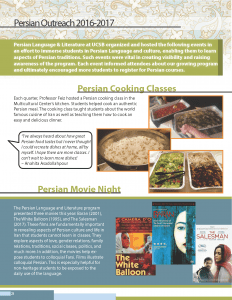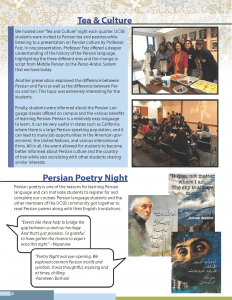Mitchell Kauffman
About:
I enjoy helping students explore how the theories they’ve learned can be applied to real world settings. To accomplish this, I bring my 35+ years as a Certified Financial Planner and entrepreneur business owner to bear on offering a practical focus to classroom lessons. My courses utilize historic case studies and current events to help students understand ethics through a “lessons learned” focus. Realizing we may learn best through different mediums (visual, auditory and reading) I encourage student presentations in addition to weekly readings and class discussions.
Publications:
“Achieving Financial Confidence: Your A-Z Retirement Resource” pub 2015
“Are Your Heirs Prepared?- Your A-Z Moneywise Family Resource” pub 2016
Articles:
“Wealth Management for Asian-American Families,” Wall Street Journal pub Nov 13, 2012
Courses Taught:
Wall Street Ethics & Financial Crises (RS190WE): ETHICAL ISSUE-WHAT IS A GOVERNMENT’S ECONOMIC RESPONSIBILITY TO IT’S CITIZENS AS THEY PURSUE HAPPINESS AND PROSPERITY? This discussion-based course balances theory with real-life case studies to explore:
- What are business cycles and monetary/fiscal policy responses to them during history’s most prominent financial crises?
- How does money and banking move our economy?
- What ethical misdeeds have contributed to financial downturns?
- How can students hone their presentation skills to engage and persuade more effectively?
Students can enhance their personal financial skills as they gain a historical context “lessons learned” that can model ethically considerate behavior in their own lives.
Ethical Investing to Impact Social Change (RS190EI): ETHICAL Q-WHAT RESPONSIBILITY DOES CORPORATE AMERICA HAVE TOWARD THE EVNIRONMENT AND SOCIETY: Whether your passion is protecting the environment, fighting poverty, or promoting global health care, “Ethical Impact Investing” can impact positive change. This discussion-based course balances theory with actual case studies to show how profit incentives may be combined with social consciousness for a win-win investment outcome. Students will come away informed, inspired, and well-equipped to pursue a lifetime of championing social causes.
Have Ethics Gone Awry (RS190GA): ETHICAL Q-WERE INDUSTRIALIZATION’S GAINS WORTH THE SOCIETAL COSTS? Ever wonder how we got to now? Many socio-economic challenges are traceable to the “Gilded Age (1865-1900)” when the U.S. grew from a fledging agrarian society to a major industrial power. This discussion-based course balances theory with application to explore:
- Whether the gains of Industrialization were worth the costs?
- Were “Divine Providence” and “Manifest Destiny” doctrines misused to exploit immigrants, workers, indigenous and people of color?
- Were the renown industrialists who built this nation actually Robber Barons?
- How can students hone their presentation skills to more effectively engage and persuade?
Join us as this course may change your perspective forever!








